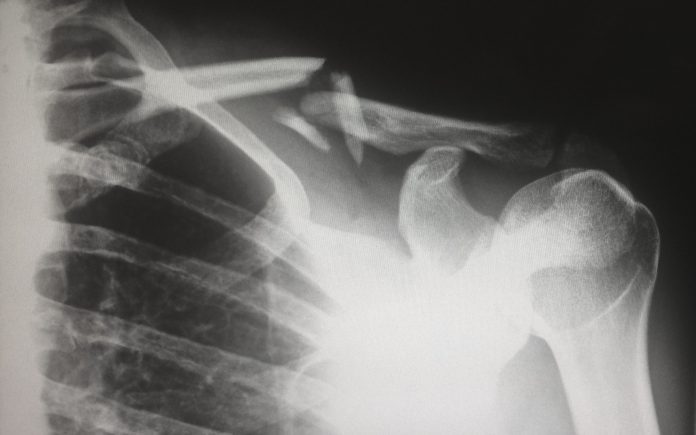Table of Contents - Jump Ahead:
Estate planning often involves much more than a Last Will and Testament (will). In many cases, families have specific challenges that they need to address in a comprehensive estate plan. If a family has child or adult that faces special needs, they may want to consider including a special needs trust within their estate plan. While this type of trust is not right for every family, it is important to understand how the benefits can ensure the financial protection of a loved one with special needs throughout their lifetime. Consider visiting with the experienced estate planning attorneys at Kushner Legal at 310-279-5166 today to learn more.
What Is a Special Needs Trust?
A special needs trust is an estate planning tool that allows people with disabilities or other special needs to receive funds without disqualifying them for certain governmental benefits, such as Supplemental Security Income (SSI). The establishment of a special needs trust ensures they will still qualify for the benefits they require during their lifetime while also receiving funds in a discretionary account for their benefit.
While a typical estate plan consists of revocable living trusts or wills, in most cases you cannot use these tools with a special needs trust because it may cause your loved one to be disqualified with respect to crucial government assistance like Medicaid coverage.
Benefits of a Special Needs Trust
It is important to understand that there are significant benefits to estate planning with a special needs trust. Most importantly, a person can use this estate planning tool to ensure your loved one with special needs is not left with any bills and always has care and support so they may live the most comfortable and fulfilling life possible.
Another fantastic benefit of estate planning with a special needs trust is it protects your loved one from creditors who wish to sue them in order to get payment for medical expenses or any other unpaid debts after you pass away. Without a special needs trust, your loved one could be taken advantage of creditors simply because their disability prevents them from properly defending against such lawsuits.
Special Needs Trusts and Medicaid
One of the most important, and probably the most complicated things estate planning can do for your special needs child is to protect them from losing their Medicaid benefits if they inherit any money. If you do not plan ahead, it is possible that your child could end up on Medicaid or many other government-based assistance programs. Additionally, having two children in the same household with disabilities can create financial challenges regarding estate planning. The reason for this is that if one child owns real estate, but the other does not have their own estate plan, the one who doesn’t may be temporarily or permanently ineligible for government assistance.
Special needs trusts are designed to ensure that your special needs child is cared for without jeopardizing his or her eligibility for benefits. Once you establish a trust, all of your child’s assets will be placed in it so they cannot affect his/her qualification for Medicaid, Supplemental Security Income (SSI), state-sponsored health insurance plans and other government programs.
Payback Principle and Special Needs Trusts
The “payback” principle applies to any money left in the name of an individual with disabilities. The basic idea behind this principle is that once an individual has enough money to go without assistance from the federal government, the extra money should be counted as a resource when calculating benefit eligibility. In other words, the government wants its money back (for example, for SSI, if your child has $2,000 in excess financial resources he/she would forfeit $1,500 of benefits).
If you fail to plan properly and leave estate assets in your child’s name or leave them out of an estate plan altogether (such as giving all your money away while you are still alive), it could result in loss of some or all federal benefits. It is especially important to use estate planning tools for children who have special needs in order to ensure proper coordination of all benefits.
Contact an Experienced Special Needs Trust Attorney
If you are concerned about taking care of a loved one with special needs after your death, you should consider visiting with an experienced estate planning attorney about the possibility of including a special needs trust within your estate plan. Every person has different estate planning needs, and visiting with a compassionate and experienced attorney can help you understand all of your legal options to take care of your loved ones. Consider visiting with the experienced estate planning attorneys at Kushner Legal at 310-279-5166 today.

























 According to the Los Angeles Times, at least 11 times over the past seven years, Tesla cars
According to the Los Angeles Times, at least 11 times over the past seven years, Tesla cars 










